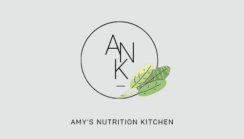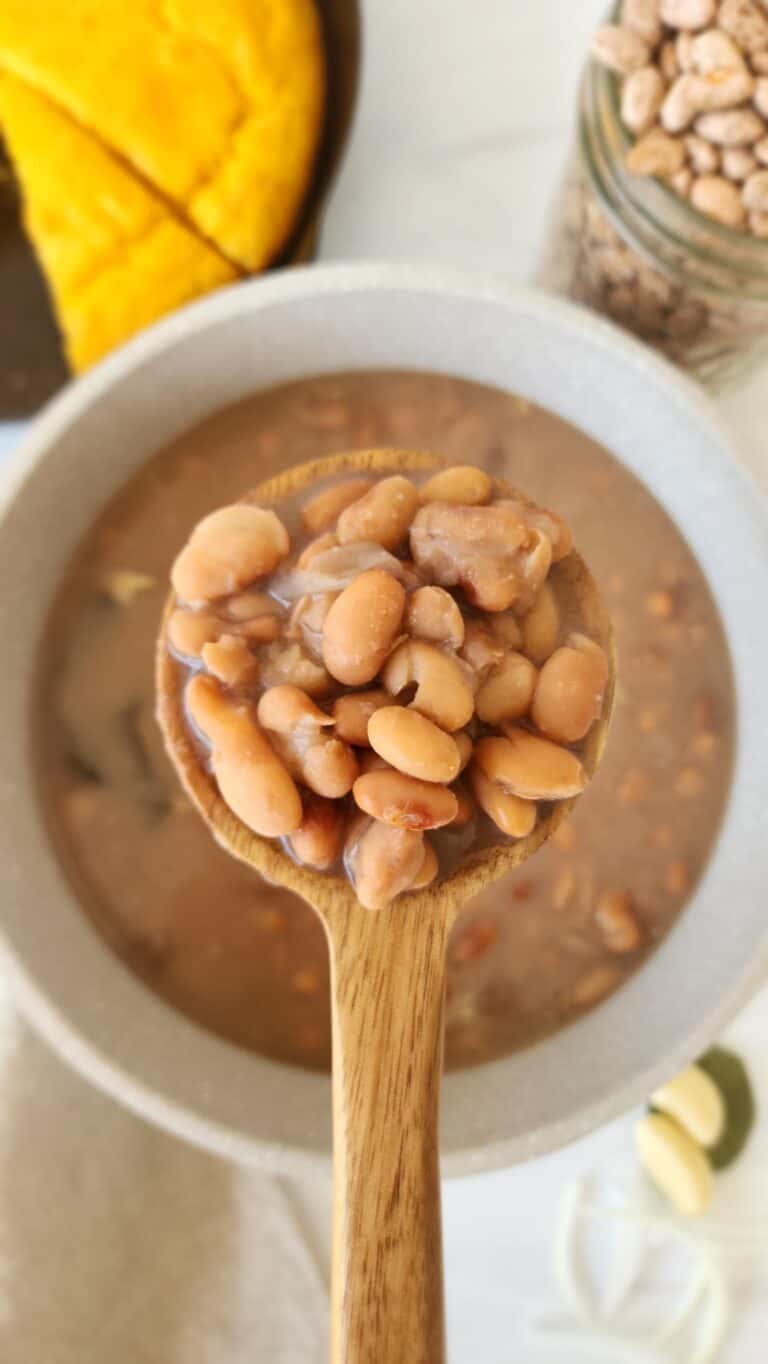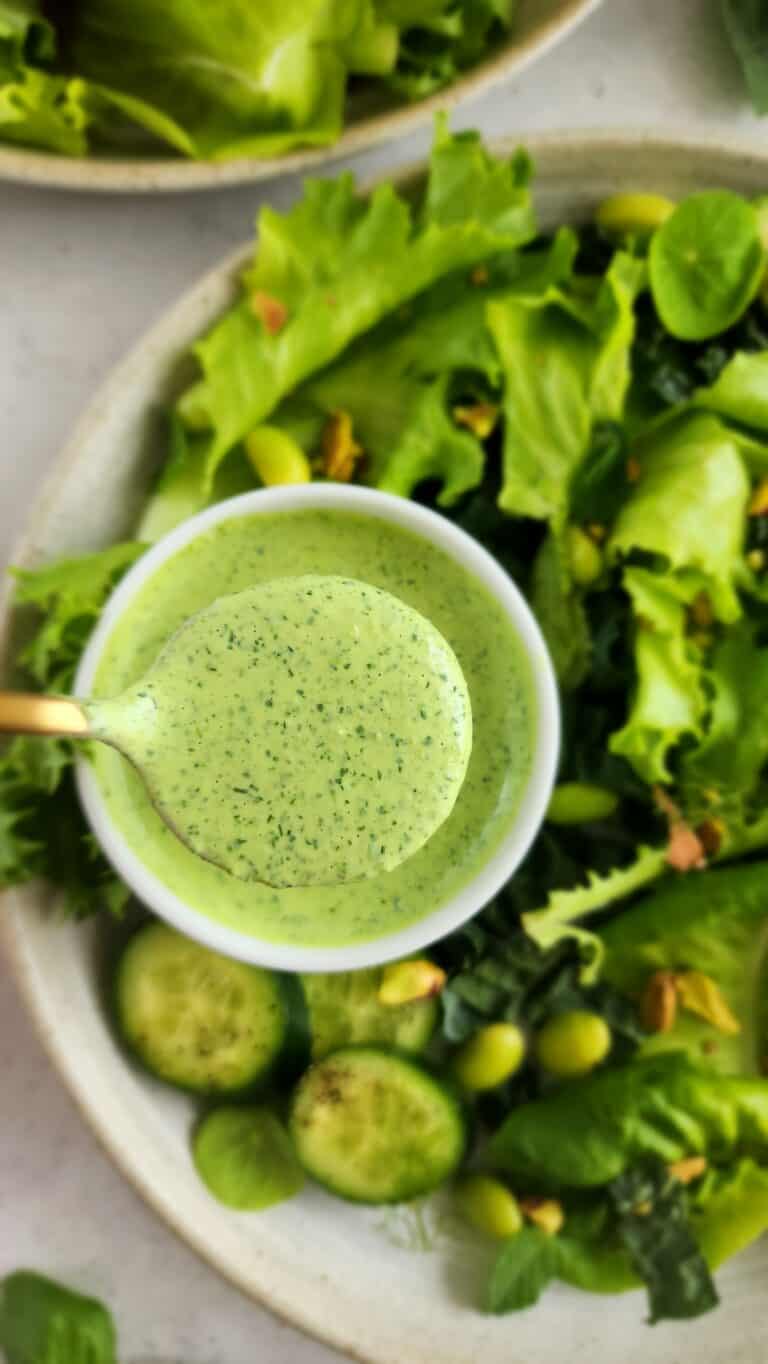South Florida WPBT2 and Baptist Health South Florida have collaborated to bring you The Health Channel – a TV channel connecting you with medical and health professionals in real time. Cardiology, Psychology, Dermatology – are just a few of the specialties covered. This past week I had the privilege to record my 1st episode on “All things heart health”. This coming week I’ll be featured with my two co-workers discussing “Smart Snacking/Hydration for the summer”. If you weren’t able to tune in, here’s a re-cap of some of the topics I discussed.

One question as a dietitian I’m always asked is “Do I need fat in my diet?” Throughout most of the years that I have been in the field of nutrition fat has been vilified. However, in more recent years it’s now being embraced. So it’s understandable that there can be some confusion. First, the reason why we need fat in our diet and then what kind of fat we should be having:
Role of Fat – Fat is an essential nutrient in our diet. Fats provide energy and help support cell growth. Fats protect our organs and keep our body warm. Fats help our body absorb some nutrients and even produce important hormones as well. Fats provide flavor and help our food taste better. We need to replace the saturated with the unsaturated fats.
The American Heart Association (AHA) has a graphic to help you understand which fats to include more of and which fats to use less of. I’ll explain it a little more, but first things first.
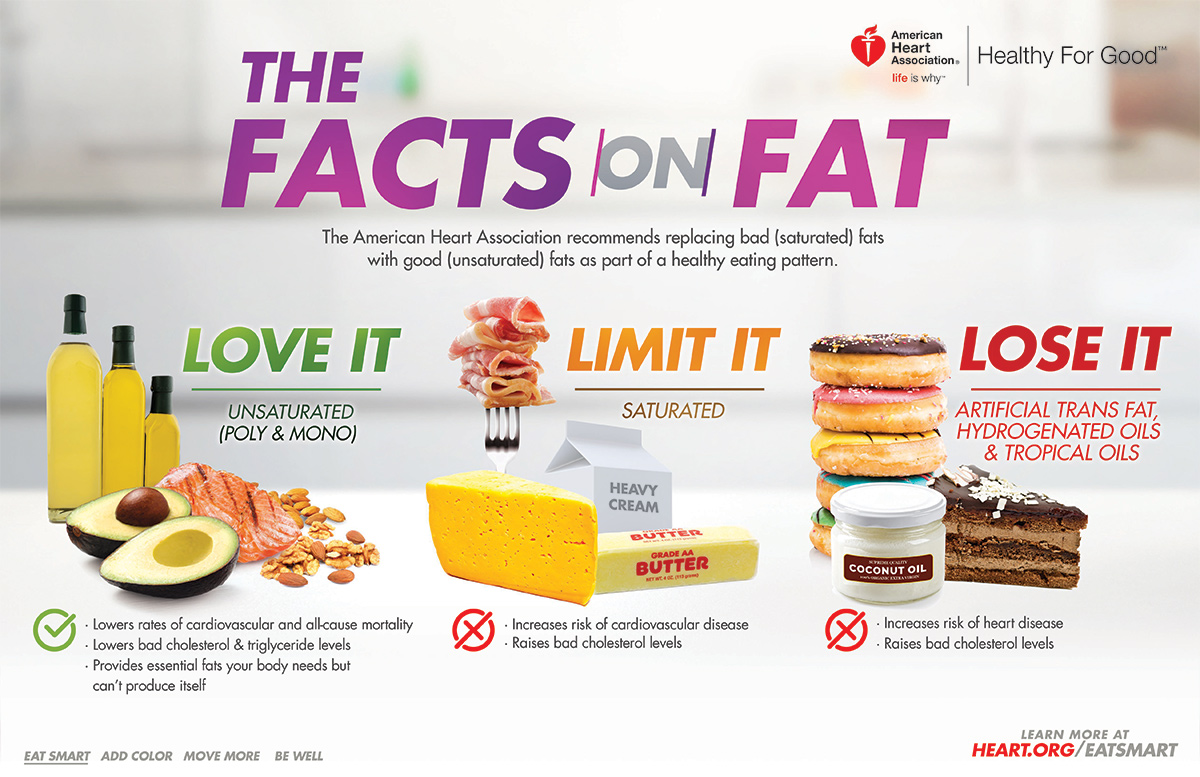
Unsaturated fats are found in plant-based foods. They are liquid and therefore do not stick. They are the healthier fats and the ones and the ones we should LOVE! Unsaturated fats can be either polyunsaturated or monounsaturated. Unsaturated fats are found in olive oil salmon, walnuts, almonds, avocado, and more. Unsaturated fats help lower cholesterol and triglycerides and reduce the risk of cardiovascular disease (CVD). Unsaturated fats are what we want to replace the saturated fats with! And as a side note, keep in mind fats both saturated and unsaturated are highly concentrated in calories. If your end goal is to ultimately lose weight, you will want to watch the portions of the fats you are utilizing. But portion control is key in everything.
Saturated fat is mainly found in animal-based foods (there is some saturated fat in plant-based foods but I’ll explain more on that in a minute). Saturated fats are solid and therefore easy to remember that they stick, ultimately this can lead to clogged arteries. These are the fats that you’ll want to limit: animal-based products such as bacon, cheese, & butter. Saturated fats increase the CVD risk as well as raise the LDL or lousy cholesterol in our body. And what I would add to this is simply to check portion sizes when it comes to protein consumption. The quality of your protein is not only important but also the quantity. Too many times I see people eating a healthier cut of meat, but still are consuming an excessive amount of protein. Both quality and quantity are important when it comes to protein intake to help with your overall heart health.
Last but not least are the fats that we need to lose. These fats that we need to lose are the artificial trans fats and tropical oils. Small amounts of trans fats do naturally occur in some meat and dairy products. However, there haven’t been sufficient studies to determine whether these naturally occurring trans fats have the same unhealthy effects on cholesterol levels as trans fats that have been industrially manufactured. Industrially manufactured trans fats often appear in products as partially hydrogenated oils. Trans fats raise our LDL (lousy) cholesterol while lowering our HDL (healthy) cholesterol. That’s definitely not what we want to happen! But here’s some good news. As of 6/18/18, manufacturers can no longer add partially hydrogenated oils to their products. They are no longer recognized as safe. We’ve known this for a while, but to have them removed has been years in the making. Consider this a nutrition victory!! There will be a transition time until 1/1/20 if the product was created before this date, however, they will no longer be able to add it to products. Bye, bye trans fats! Hello, heart health!
And the last note to make is the part that says “tropical oils” – while they are a plant-based source, they do contain saturated fat (what is typically thought to come from an animal), so again think coconut oil. What has been embraced recently as healthier is one of these examples of a tropical oil that while it’s a plant-based oil does have saturated fat. The buzz started recently due to a science advisory from the American Heart Association that recommended against ingesting coconut oil. Take a read if you haven’t already in this article here.
In this advisory they discuss the study that was done showing a type of fat in coconut oil that can increase metabolism and boost weight loss. That ingredient is called medium-chain triglycerides, or MCTs. This study reported that MCTs are processed by the body differently than other dietary fats. The often-overlooked part of this study is that the oil used in the study was a special 100% medium-chain coconut oil – translate, no one uses this coconut oil in the mainstream. In order to get that quantity of MCT oil you’d have to use 10 tablespoons of coconut oil in a day. No one should take in that much, nor should they – why? Back to the saturated fat issue. One tablespoon of coconut oil adds up to more than 11 grams of saturated fats, which is nearly the daily limit of 13 grams. So yeah, no one food is the magic cure all. People often try to latch onto the next thing that will make all the weight disappear or “speed up their metabolism” (don’t you think we would’ve bottled that up by now if we knew what it was?)
Here’s a clip of a recent video I did with The New Tropic regarding this very same question. Enjoy! What’s the value of coconut oil? via New Tropic’s website. And here’s the same video via their Facebook page.
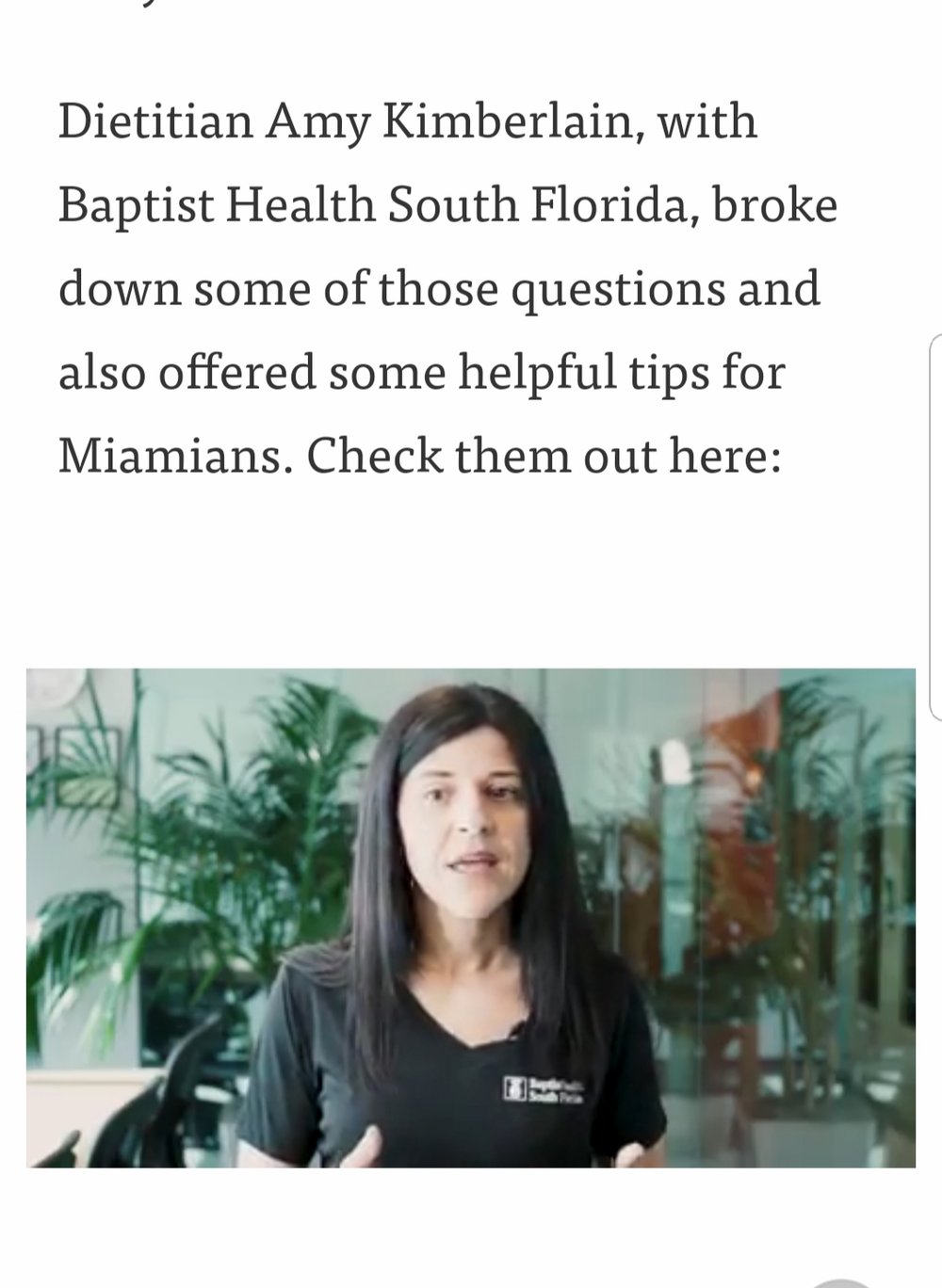
So how much saturated fat should one be consuming? Keep in mind the recommendation by the AHA in general for saturated fat is to replace your saturated fat with unsaturated fat. Can you use olive oil instead of butter? Can you include nuts, i.e. sliced almonds, chopped walnuts, to top your salad instead of cheese? Easy switch outs, but in the bigger picture it’s replacing the unhealthy fats with the healthier fats. Next, I would then recommend for you to check the portion size of your protein at meals. In general people are over consuming protein. The general recommendation is a 3-4 oz piece of lean protein at meals – it’s that side dish on your plate, it’s not the main event. Start there – begin to cut back or minimally verify how much animal protein you’re taking in. Obviously make sure it’s lean vs high fat, but in general we need also to cut back on our portions.
If you’ve been told you need to lower your cholesterol by your doctor, the AHA recommends limiting your saturated fat intake to no more than 5 to 6% of your total calories. For someone eating 2,000 kcal/day that’s about 13 grams of saturated fat. It’s strict but is proven to help lower cholesterol.

I talked about it a lot on PBS. It’s underrated for all the benefits that it contains. It’s my favorite “F” word besides, food, family, and fun. It’s FIBER!! I know, you’re wondering how I can get soooo excited about fiber. But here’s the thing, it helps our bodies so much more than just going to the bathroom that I think we need to start talking about it more. Hence why I commonly refer to it as the “fiber factor”.
Here are the known benefits:
-Regularity. Yes, this is true. Not only does it help normalize bowel movements, but it also increases the weight and size of our stools. People will often ask then is there such thing as having too much fiber? Not really – I mean, you just have to increase your water intake due to the increased fiber intake, otherwise you can get gas and bloating. I always say, the more fiber the better!
-Lowers cholesterol levels: lowers LDL, lousy cholesterol, as well as other heart health benefits of lowering blood pressure and inflammation.
-Improve blood sugar levels in people with diabetes. Fiber is the part of the plant that you don’t absorb. So naturally if you’re not absorbing it, it helps slow down the absorption of the carbohydrates, ultimately leading to an improvement in blood sugar control. So, fiber is a dual benefit in those with diabetes, improved blood sugar control and improved heart health (people with diabetes are twice as likely to have a cardiac event). I call that a winner if you ask me.
-Aids in achieving a healthy weight: high-fiber foods tend to be more filling than low-fiber foods. Odds are you’ll eat less and stay satisfied longer. Also, high-fiber foods are less energy dense – fewer calories for the same amount of food – and can take longer to eat.
-Reduce the risk for some cancers.
So yes, fiber goes beyond just regularity. Dub it the fiber factor – don’t worry about how much you need, just eat more plants. You’ll notice the benefits. Trust me.
And finally, one of the most commonly asked questions, “How many eggs can I eat in a day?” If it were only that simple, I’d have an answer for you. But alas, it is not. No, I am not trying to evade the question, the truth is it all depends on your total saturated fat intake for the day.
Eggs contain cholesterol and while cholesterol in food alone does not raise blood cholesterol levels, the concern is more with the saturated fat. Think about eggs – what do we often pair them with? Bacon, cheese, and butter – all sources of saturated fat. It’s this synergistic effect that then raises the cholesterol levels, it’s not the poor egg’s fault but rather those he’s associating himself with. Eggs inherently are lean and healthy. It does boil down most times to what we are combining them with. And as I mentioned in the beginning it does matter your overall total saturated fat for the day and how it fits – I am a vegetarian and the number of eggs I’d be able to eat might be more than someone who is also consuming other sources of animal protein. It all goes back to not only the quality of the protein you’re consuming but also the quantity. It all adds up. Make sure it’s lean and not paired with high saturated fat condiments – that bacon and butter will get you. (Yes, bacon and butter may be consumed in moderation, as I believe all foods will fit. However, also do not misconstrue what I’m saying and give yourself liberty to consume bacon and butter more often just because you said I said so. Got it? Okay good.)
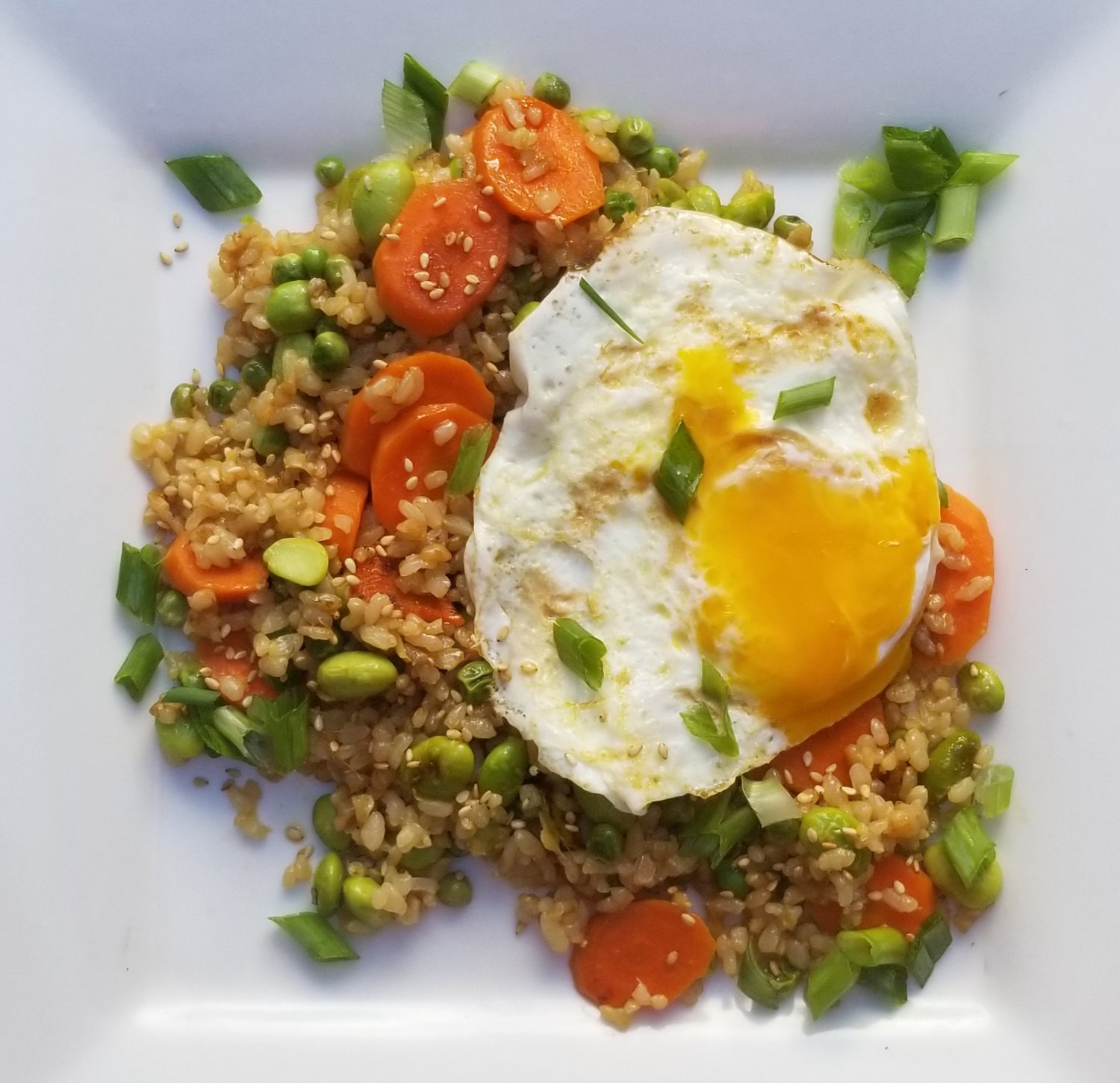
So, there you have it. A round-up from my latest episode of PBS’s Health Channel. It will re-air this Tuesday, June 26th, at 8 am. Tune in or DVR it if you can. Know that you can greatly reduce your risk of heart disease – or slow its progress – by taking prevention to heart. Making small, gradual changes can make a BIG difference in your health.
